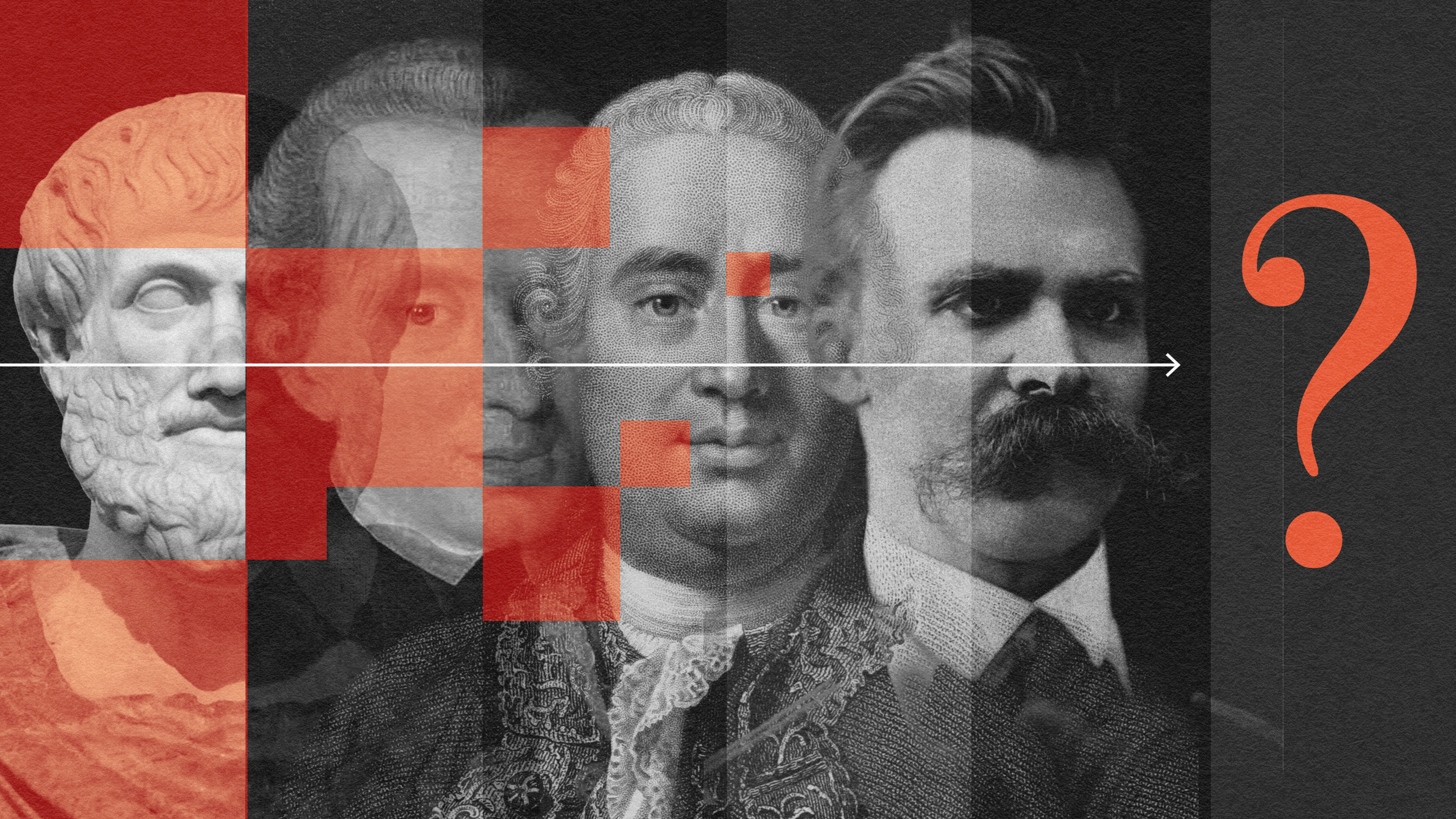How to Live to 100 (With or Without Biotechnology)

Here are two numbers to consider: 122 and 78.37.
122 is the longest known human lifespan, a record that belongs to the late supercentenarian French woman Jeanne Calment. 78.37 is today’s life expectancy for Americans. These numbers demonstrate an enormous advance beyond the nasty, brutish and short 20 years or so of life that our Neolithic ancestors endured.
To live this long we are, after all, cheating evolution. It was never advantageous for our species to live this long. Grandparents are a hindrance to the young, as they are a drag on the food supply. Nevertheless, civilization intervened, sparing us from living in a Hobbesian state of nature where the probability of a violent death is great. And so today, biological aging — senescence — is by far the leading cause of death in the world. This longevity has been made possible by relatively simple innovations — from sewers and sanitary health care facilities to a better food supply and modern medicine.
What’s the Big Idea?
Human life expectancy has roughly doubled since the start of the industrial revolution. Pushing our life expectancy further — what Ray Kurzweil calls “radical life extension” — will require more sophisticated technologies that target the many complex aging processes that speed up exponentially as you get older.
For Kurzweil, who authored the book Transcend, Nine Steps to Living Well Forever, longevity, not to mention immortality, is a matter of crossing a number of bridges. In other words, you need to live long enough so that you will still be alive when biotechnology enables you to live forever. So how do you keep your self alive? Kurzweil created a mnemonic plan, called transcend:
Talk with your doctor
Relaxation
Assessment
Nutrition
Supplements
Calorie reduction
Exercise
New technologies
Detoxification.
If you can keep yourself alive for the next 15-20 years, Kurzweil says you will have lived long enough for biotechnology to reprogram your genes away from disease and aging. This is not so far-fetched considering that we have already been able to extend the life expectancy of worms by six times by manipulating their genes.
What’s the Significance?
Now let’s suppose that Kurzweil is wrong. Let’s take biotechnology out of the equation and focus on what you can actually control as the “CEO of your own health.”
After all, until we develop a miraculous way to combat conditions like obesity (and as long as we continue getting fatter and fatter), we should expect to see great increases in cancer, heart disease, diabetes and other obesity-related diseases.
In order to reach a goal less ambitious than immortality — a lifespan of say, 100 years — we need a bit of Darwinian medicine. In other words, we need to understand that as hunter-gatherers we adapted to an environment that was very different from today. While civilization has protected us from certain forms of violent death, it has also made us susceptible to so-called “diseases of civilization.” These “lifestyle” diseases are pretty easy to understand: we eat too much and exercise too little. As a result, degenerative diseases catch up with us later in life. Indeed, by definition, “diseases of civilization” require a longer lifespan.
So how can you make it to 100 — without the miraculous aide of biotechnology, which may or may not be able to deliver on its promise? Take a page out of Jeanne Calmeant’s book. While longevity happened to run in her family, Calmeant also rode a bicycle every day until she was 100.
As the graphic below from Howtobecome.org points out, you right now have a .017 percent chance of living to 100. And yet, this graphic also shows how the lifestyle choices you make can influence your lifespan.






